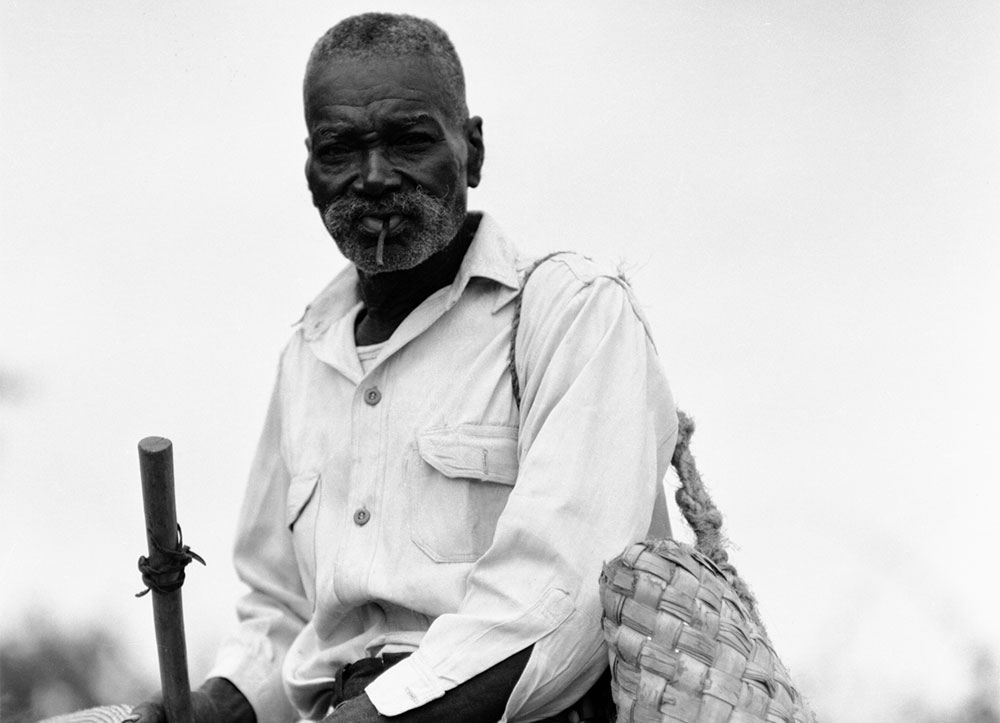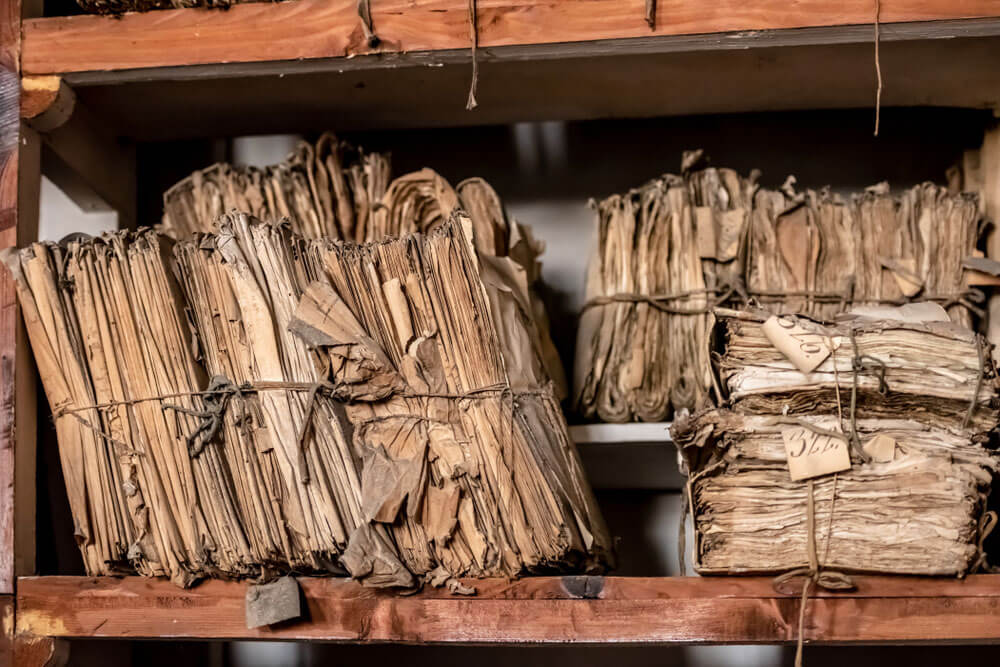MIGAN is a program supported by the European Union through the INTERREG IV Caribbean Fund and by the International Council of Archives.
This multilingual portal provides access to the historical resources conserved in the participating countries of the Caribbean region.
The MIGAN project aims to compensate for geographical fragmentation and to reactivate, on advanced technological bases, older projects for cooperation in the archival field: pooling of resources, cooperation to equitably develop archives institutions, particularly those in charge of National archives.
Learn more about MIGAN and the main topics carry on by this challenging project.
Slavery records and documents
A common history but a historical heritage difficult to access. This turbulent history remains to be widely explored: the difficulty of access to sources, dispersed between metropolises and territories, between public and private actors constitutes a real obstacle to the development of research in the human sciences, but also to the constitution of a collective memory, of a "public history".
Civil Registry Archives
National and territorial institutions devoted to the collection, conservation and communication of archives suffer from a wide disparity of human, technical and financial resources in the Caribbean zone. Voluntary but isolated initiatives remain little visible to decision-makers and the general public, while the proper functioning of the Archives is a guarantee of governance, in terms of transparency and in terms of guaranteeing the objectivity of the collective memory.
Caribbean migration
Despite island dispersion and linguistic diversity, the countries of the Caribbean share a historical identity, based on migration and cultural contacts between four continents, the colonial plantation economy and slavery.
Access to Memory documentation (AtoM)
Information technology, which is clearly successful in the Caribbean, despite some structural delays in the process of catching up, is an opportunity to accelerate the development of public archival institutions. The ICA-AtoM software's development by the International Council on Archives provides an archive without a dedicated computer system with an accessible tool to catch up.














